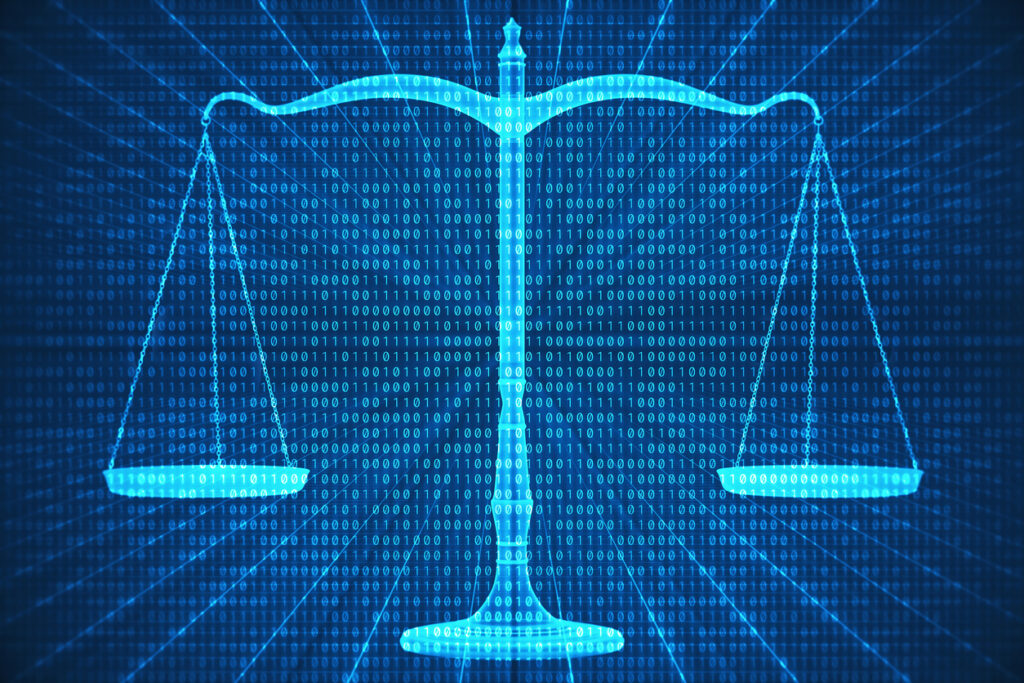Exposing Legal Immunity, Enabling Real Reform
For nearly three decades, Section 230 of the Communications Decency Act has served as a legal shield for tech companies, online platforms, and digital publishers, granting them broad immunity for illegal, harmful, and abusive content hosted on their platforms. This single statute has become one of the most dangerous enablers of corruption in modern American law.
Originally written in 1996 to help early internet providers moderate user content, Section 230 is now abused by billion-dollar corporations to avoid responsibility for defamation, impersonation, child exploitation, cyberstalking, and more. They profit from destruction, while those harmed have no path to justice.
A Broken Law with Real Victims
Under Section 230, platforms are protected even after being directly notified of illegal conduct, even when that conduct includes:
- Defamatory impersonation of real people
- Publishing child nudity and explicit materials
- Spreading death threats, harassment, and leaked personal information
- Destroying reputations and businesses while refusing to identify perpetrators
The result? You can be stalked, impersonated, harassed, defamed, or exploited online, and no one can be held accountable. Your only option is silence or suffering.
This isn’t theoretical. It’s happening to people right now — including the founder of this site, whose real legal case has reached the United States Supreme Court after years of being denied justice due to Section 230 immunity.
Section 230 Enables Systemic Corruption
- No accountability for platforms. Tech companies knowingly host criminal content and hide behind 230. They refuse takedowns, block victims, and defy law enforcement requests — all with legal protection.
- No recourse for victims. Victims of stalking, impersonation, leaked nudes, child exploitation, fraud, or harassment have no legal remedy. Civil suits are dismissed. Police and federal agencies are powerless to act.
- No incentive to fix it. Platforms have no reason to build proper safety tools or investigate abuse. Why would they? They can’t be sued — and they’re making money from the clicks.
Section 230 has been used to protect porn sites, terrorist content, blackmail forums, impersonation scams, stolen medical records, revenge material, and even online marketplaces for drugs and weapons. This is not free speech. It’s legalized exploitation.
The Political System Has Failed
Congress knows this is broken. Lawmakers across the political spectrum have introduced dozens of bills to repeal or reform Section 230, and nearly everyone has abandoned under pressure from tech lobbyists and billion-dollar corporations.
Multiple Senators withdrew public support after being threatened or pressured. Laws meant to protect children, stop deepfakes, or prevent fraud were stalled or gutted. Our system is being held hostage by industry money.
What We’re Doing About It
At Repeal Section 230, we are not begging politicians. We are not running empty awareness campaigns.
We are taking this fight to the courts.
Through Protect Our Safety Inc., we are building a record of legal evidence, constitutional advocacy, and litigation that challenges the misuse of Section 230 at the highest level — including filings before the U.S. Supreme Court.
We’re exposing what the law has become: a weapon used by criminals and corporations to silence victims, shield abusers, and prevent justice.
How You Can Help
If you care about justice, safety, or reform, we ask only one thing:
👉 Donate to Protect Our Safety Inc.
Your contribution helps fund:
- Legal filings and casework exposing 230 abuse
- Public campaigns to document how this law is misused
- Strategic litigation that forces courts to confront the truth
- A movement that refuses to be silenced or bought off
Disclosure: This website is owned and operated by Protect Our Safety Inc. It is part of a promotional network created to support a crowdfunding campaign. Contributions made through links on this site support Protect Our Safety Inc. and are not tax-deductible. Donations may help fund legal filings, educational content, and public advocacy efforts.


